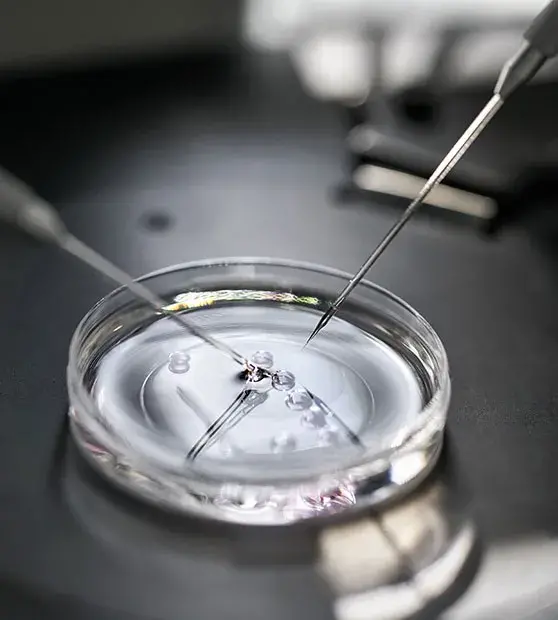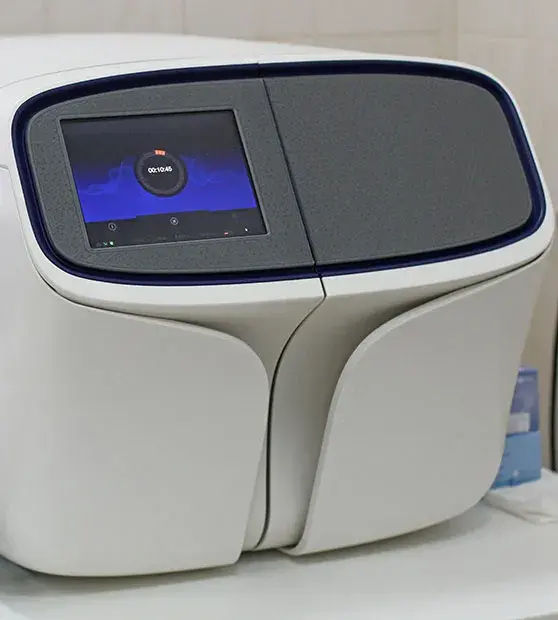Endometrial microbiota Analysis(EMMA and ALICE)
The human uterine endometrium is characterized by a delicate balance of microbes, cellular immune response, and cytokines which control the endometrial receptivity of an embryo. Lactobacilli are commonly found in the endometrium of healthy and asymptomatic women. An abnormal endometrial microbiota indicates problems such as:
- Implantation failure
- Pregnancy loss
- Other gynecological and obstetrical conditions
What is the effect of endometrial microbiota on fertility?
- Numerous research studies state that changes in the endometrial microbiome can affect the reproductive potential of infertile females. Another risk factor of infertility is a uterine infection, as this microbial environment can result in inflammation and activation of the endometrial immune response. It may also impair the embryo implantation and result in an onset of a successful pregnancy.
The alterations in the endometrial receptivity can be determined by performing 3 types of tests:
-
ERA (Endometrium Receptivity Array) test: This test is a customized array depending upon the expression of 238 genes attached with a predictor. This predictor diagnoses a functionally receptive endometrium despite its histological appearance. ERA test is therapeutically effective in females with implantation failure, facilitating the choice of the optimal day for embryo transfer.
-
The EMMA test (Endometrium Microbiome Metagenomic Analysis): The EMMA test determines the presence of bacteria Lactobacillus in the uterus. It also determines whether Lactobacillus causes decreased miscarriage and implantation failures. Therefore, causing improved pregnancy rates in females undergoing IVF. In this test, the classification of endometrial samples is done into Lactobacillus dominant and non-Lactobacillus dominant profiles. If the endometrial sample is non-Lactobacillus dominant, proper treatment containing an antibiotic, probiotics and prebiotics is given.
-
The ALICE test(Analysis of Infectious Chronic Endometritis)evaluates the potentially damaging bacteria to an implanting embryo for which the healthcare provider prescribes antibiotics. Harmful bacteria may result in inflammation of the endometrium, which is associated with implantation failure and recurrent miscarriage.
-


